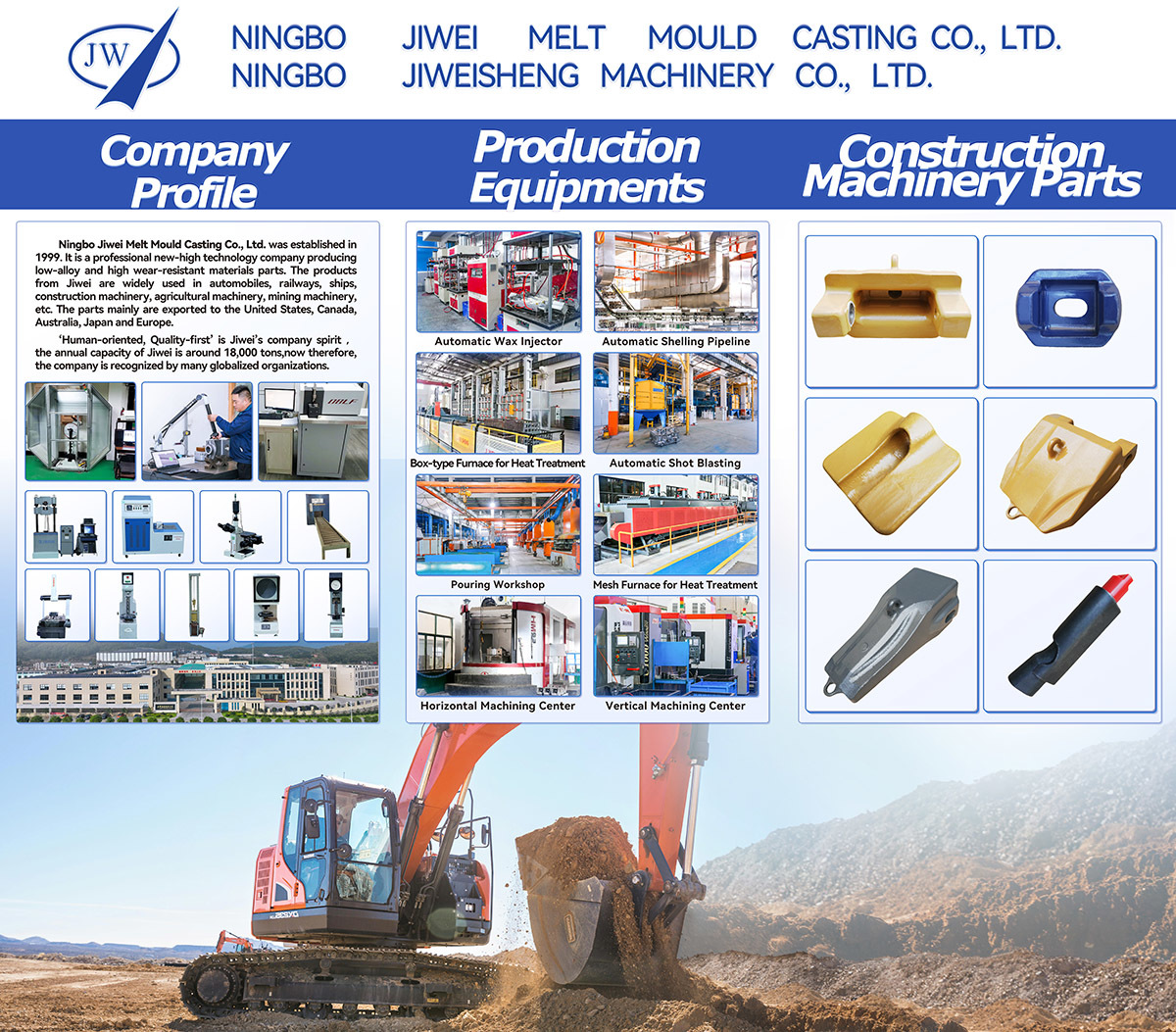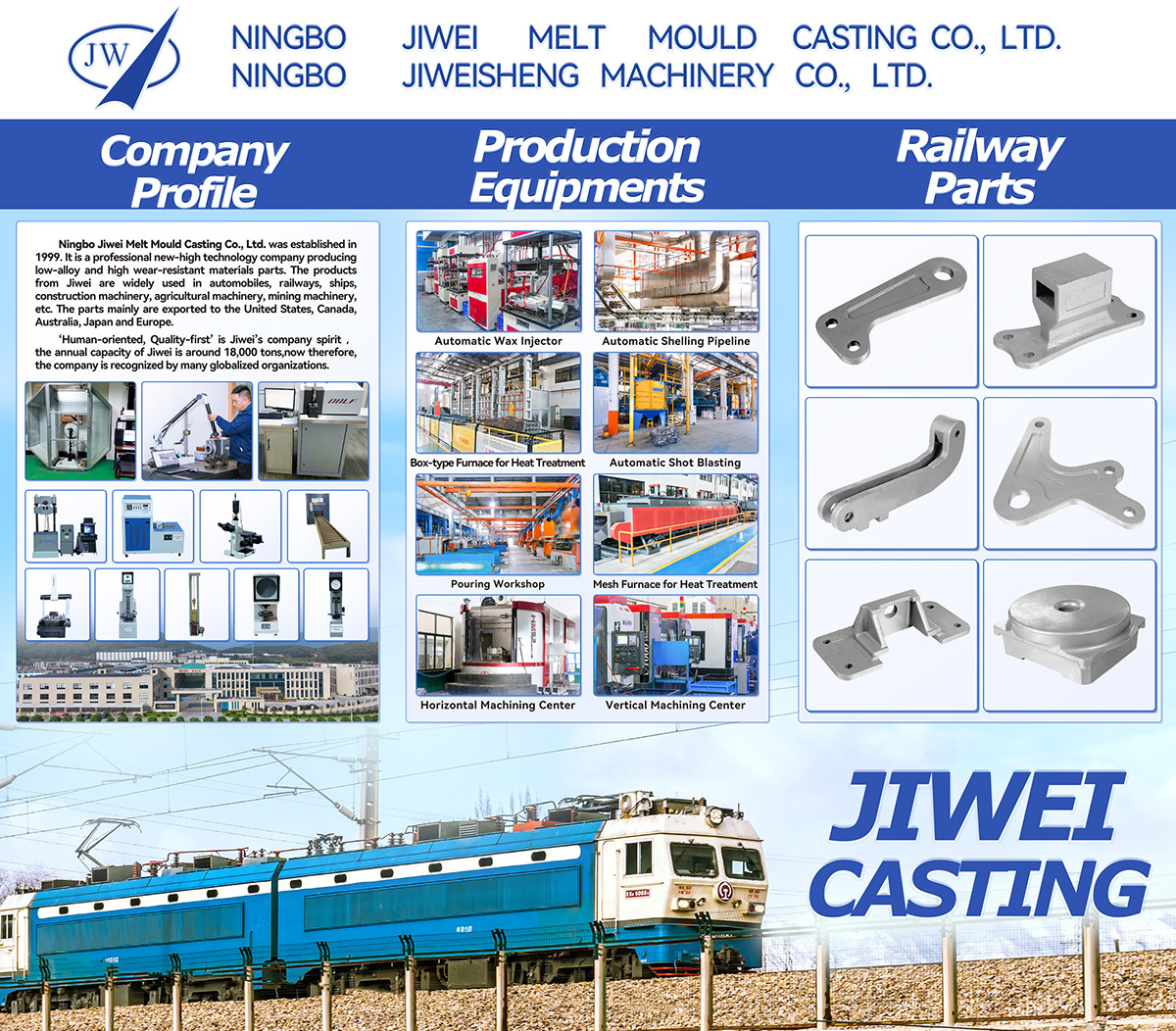09 Oct,2025
The Ultimate Guide to Maintaining Your Semi Pitman Arm Puller
The Ultimate Guide to Maintaining Your Semi Pitman Arm Puller Table of Contents 1. Introduction to Semi Pitman Arm Pullers 2. Importance of Regular Maintenance 3. Key Components of a Semi Pitman Arm Puller 4. Essential Maintenance Tips for Your Semi Pitman Arm Puller 5. Troubleshooting Common Issues 6. Safety Tips When Using a Semi Pitman Arm Puller 7. Best Practices f
The Ultimate Guide to Maintaining Your Semi Pitman Arm Puller
Table of Contents
- 1. Introduction to Semi Pitman Arm Pullers
- 2. Importance of Regular Maintenance
- 3. Key Components of a Semi Pitman Arm Puller
- 4. Essential Maintenance Tips for Your Semi Pitman Arm Puller
- 5. Troubleshooting Common Issues
- 6. Safety Tips When Using a Semi Pitman Arm Puller
- 7. Best Practices for Long-Term Use
- 8. Conclusion
- 9. Frequently Asked Questions (FAQs)
1. Introduction to Semi Pitman Arm Pullers
The semi pitman arm puller is a crucial tool in automotive repair and maintenance. Designed to separate the pitman arm from the steering gear, it provides the leverage needed to perform this often challenging task. Understanding its mechanics and functions is vital for anyone who relies on this equipment for repairs.
2. Importance of Regular Maintenance
Regular maintenance of your semi pitman arm puller enhances its efficiency and longevity. Neglecting to maintain this tool can lead to decreased performance, increased wear and tear, and ultimately costly repairs. By understanding the importance of maintenance, you can ensure that your puller remains in optimal condition.
2.1 Enhancing Tool Longevity
Maintaining your semi pitman arm puller not only keeps it functioning well but also prolongs its lifespan. A well-maintained tool can resist wear, corrosion, and damage from heavy use.
2.2 Ensuring Safety
Proper maintenance is also essential for safety. A malfunctioning puller can lead to accidents, resulting in injuries. Regular checks and repairs can prevent such incidents.
3. Key Components of a Semi Pitman Arm Puller
Understanding the components of your semi pitman arm puller is crucial for effective maintenance. Here are the primary parts:
3.1 Pulling Arms
The pulling arms are the main components that exert force on the pitman arm. They must be robust and free from bending or cracks.
3.2 Center Bolt
The center bolt is crucial for applying pressure. Ensure it is not stripped or worn.
3.3 Clamps
Clamps secure the puller to the pitman arm. Check for any signs of damage or wear.
3.4 Handle
The handle provides leverage. Ensure it is securely attached and free from cracks.
4. Essential Maintenance Tips for Your Semi Pitman Arm Puller
To keep your semi pitman arm puller in top shape, follow these maintenance tips:
4.1 Regular Cleaning
After each use, clean the puller to remove grease and debris. Use a soft brush and mild detergent to avoid damaging components.
4.2 Lubrication
Regularly lubricate moving parts, especially the center bolt and pulling arms. Use a suitable lubricant to prevent rust and ensure smooth operation.
4.3 Inspect for Damage
Periodically inspect the puller for any signs of damage, such as cracks or bending. Address any issues immediately to prevent further deterioration.
4.4 Store Properly
When not in use, store your semi pitman arm puller in a dry, cool place. Avoid exposure to moisture to prevent rust and corrosion.
4.5 Replace Worn Parts
If any components appear worn or damaged, replace them promptly. This ensures that your puller functions efficiently.
5. Troubleshooting Common Issues
Despite regular maintenance, issues can arise. Here’s how to troubleshoot common problems:
5.1 Difficulty in Usage
If the puller is hard to operate, check for lubrication on the moving parts. A lack of lubrication can cause stiffness.
5.2 Noisy Operation
Unusual noises can indicate worn components. Inspect the pulling arms and center bolt for damage.
5.3 Inability to Grip
If the puller fails to grip the pitman arm securely, check the clamps for wear. Replace if necessary.
6. Safety Tips When Using a Semi Pitman Arm Puller
Using a semi pitman arm puller requires caution to ensure safety:
6.1 Wear Protective Gear
Always wear safety goggles and gloves when using the puller to protect against potential injuries.
6.2 Ensure Stability
Make sure the vehicle is securely positioned before using the puller. This prevents accidents caused by shifting or falling parts.
6.3 Follow Manufacturer Instructions
Always adhere to the manufacturer’s guidelines for safe operation. This ensures that you are using the tool correctly and safely.
7. Best Practices for Long-Term Use
To maximize the efficiency and lifespan of your semi pitman arm puller, consider these best practices:
7.1 Use for Intended Purpose
Avoid using the tool for tasks it wasn’t designed for. This can lead to damage and increased wear.
7.2 Educate Yourself
Stay informed about the latest techniques and maintenance practices. Knowledge is key to effective tool management.
7.3 Regular Professional Servicing
If you notice persistent issues, consider having the puller serviced by a professional. This can identify underlying problems that require expert attention.
8. Conclusion
Maintaining your semi pitman arm puller is essential for ensuring its efficiency, safety, and longevity. By following the maintenance tips outlined in this guide, you can keep your tool in optimal condition, ultimately saving time and money on repairs. With regular inspections, cleaning, and proper storage, your semi pitman arm puller will serve you well for years to come.
9. Frequently Asked Questions (FAQs)
9.1 How often should I clean my semi pitman arm puller?
It is advisable to clean your puller after each use to remove dirt and grease.
9.2 What type of lubricant should I use?
Use a high-quality automotive lubricant to ensure smooth operation and prevent rust.
9.3 Can I use my puller for other applications?
No, it is best to use the puller only for its intended purpose to avoid damage.
9.4 How can I tell if my puller needs repair?
Look for signs of wear or damage, such as cracks in the pulling arms or difficulty in operation.
9.5 Is professional servicing necessary?
If you experience persistent issues or are unsure about repairs, professional servicing is recommended to maintain tool integrity.







